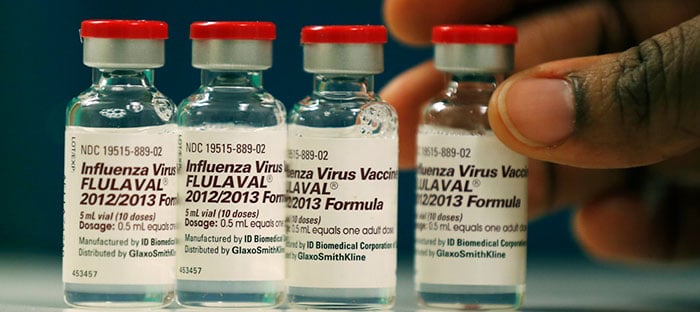
Recognition of the need for medical-grade refrigeration is on the rise. Tight temperature control has proven to be very influential in the potency and effectiveness of certain vaccines and medications. This has led to an increase in regulation, guidelines, and recommendations regarding the type of refrigerators used for storing these products.
This regulatory pressure is causing many providers to look for pharmaceutical-grade refrigerators to replace their small dormitory style units. Dormitory style refrigerators pose significant danger to vaccines and medications by putting them at risk of freezing. Freezing causes these products to lose efficacy. Medical-grade refrigerators address this problem by providing stable, reliable environments for temperature sensitive vaccines and medications.
Although multiple brands of cold storage products are marketed as medical grade, purpose built or pharmaceutical grade, it is important to understand that there are significant differences among various refrigerators based on their quality and reliability, tight temperature control, and temperature uniformity throughout the cabinet.
Temperature uniformity plays a major role in ensuring that vaccines and medications are stored at the right temperature. Uniformity is defined as the variation of temperature between different areas in the cabinet. Refrigerators with poor temperature uniformity will have hot and cold spots throughout the cabinet making some areas unsafe for storage. Medical-grade refrigerators are designed to create a uniform environment meaning all areas of the cabinet are safe for vaccine and medication storage.
We evaluated two compact refrigerators marketed for vaccine and medication storage in order to assess the differences in performance, particularly uniformity. What we found, was that not all medical-grade, compact refrigerators provide the temperature stability and uniformity one would expect from a purpose-built unit.
To read through the full evaluation, download our white paper titled Two Compact Refrigerators for Clinical Applications – Evaluation of Temperature Uniformity and Ranges.




